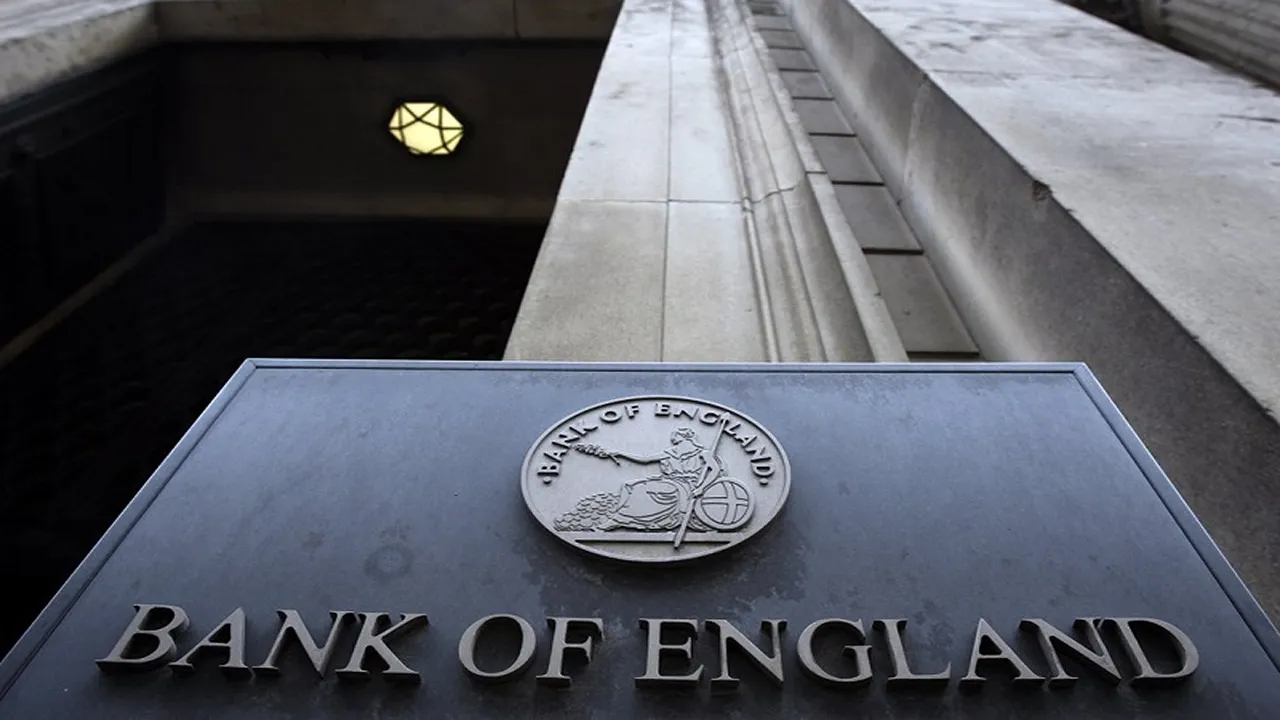The Bank of England, one of the world's oldest and most influential central banks, confirmed on June 5, 2025, that it is actively experimenting with artificial intelligence technologies to enhance its analytical and forecasting capabilities. This initiative aims to improve the accuracy of inflation forecasts, provide deeper analysis of financial market dynamics, and potentially refine the bank's communication strategy with the public and markets. According to leading financial publications, the Bank of England is exploring how advanced AI algorithms, including machine learning and natural language processing, can assist in processing and interpreting vast arrays of both traditional economic data and alternative information sources (e.g., text from news feeds, real-time consumer behavior data, social media sentiment). In inflation forecasting, AI models may offer a more granular, adaptive, and possibly more accurate approach compared to traditional econometric models, especially in times of high uncertainty. Furthermore, the central bank is researching the use of AI for more effective financial stability monitoring, analysis of complex interconnections in global and national markets, and assessment of potential systemic risks. An equally important area of exploration is leveraging AI to improve the quality and accessibility of communications: for instance, to analyze public perception of the bank's policies or to help craft clearer and more targeted messages. While Bank of England officials emphasize that this work is in an active experimental phase with careful evaluation of potential risks and benefits, these efforts reflect a significant global trend among central banks to harness AI's potential for more effective mandate fulfillment in an increasingly complex and rapidly changing global economic environment.
Bank of England Actively Testing AI for Inflation Forecasting and Market Analysis
